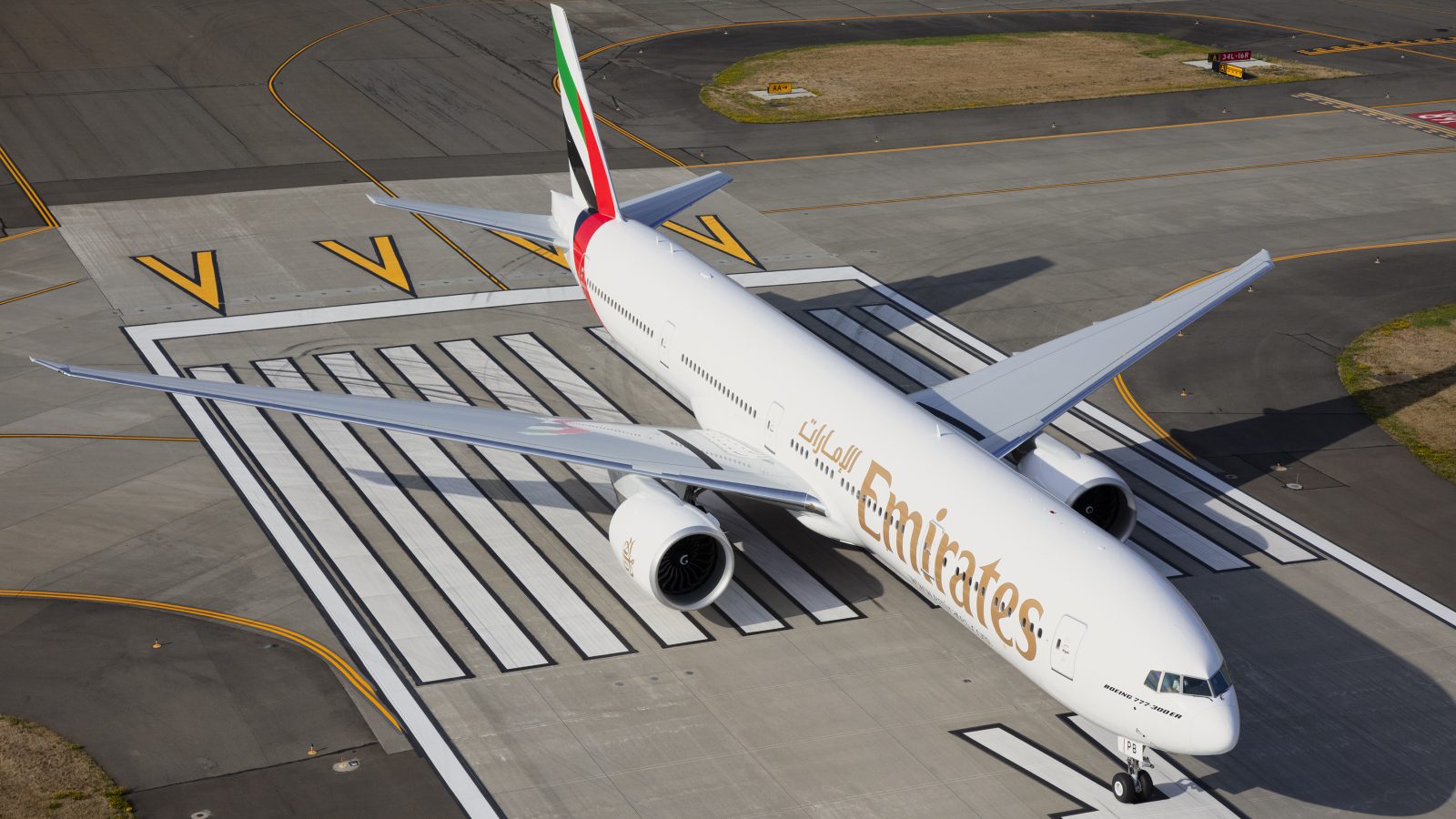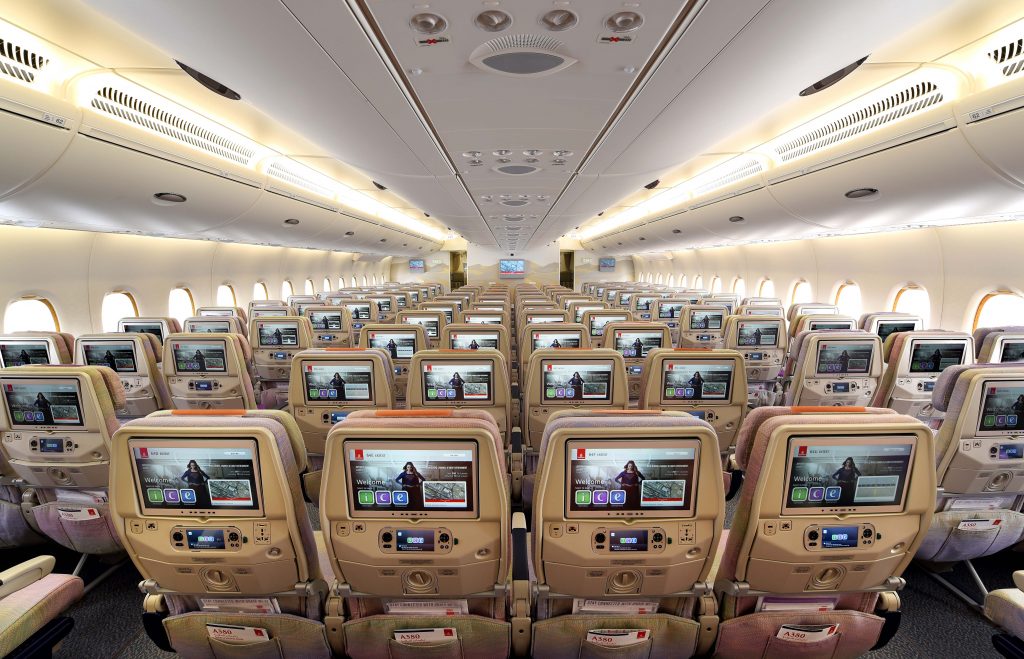
Emirates has weighed in on the debate over blocking middle seats on planes to enforce some form of social distancing in the COVID-19 era. And while Emirates thinks the idea is nice, the Dubai-based airline has dismissed the practice longterm saying it isn’t practical and would result in huge financial losses.
“All this talk about social distancing inside the aircraft is nice,” commented Boutros Boutros, the airline’s head of corporate communications, at a business conference being held in Dubai on Friday. “But… we would like to go back to normal.”

His comments echo that of the airline’s president, Sir Tim Clark who told a tourism conference last month that blocking middle seats was neither economically nor environmentally feasible. Sir Tim said Emirates would, however, facilitate onboard social distancing for as long as possible while passenger loads remain low.
“The economy of the aircraft is built on filling it, filling the seats,” Boutros told the audience at today’s conference. “Having the space (empty) I don’t think is going to be an option unless the passenger is willing to pay. What we wish for is one thing, but the reality is another,” he continued.
The U.S. low-cost carrier Frontier previously suggested selling middle seats to offer customers the option of social distancing but quickly abandoned that money-making idea after facing fierce criticism over the policy.
American Airlines and United have also been blasted over their decision to lift capacity caps on flights and start filling every available seat. United claims middle seat blocking is simply a PR stunt but one statistical analysis by an MIT professor suggests that by doing so airlines could slash the risk of a passenger catching COVID-19 on a flight by half.
In contrast, Delta Air Lines, Southwest and jetBlue will continue to block middle seats or restrict passenger capacity for the foreseeable future as part of their measures to increase passenger confidence in the safety of air travel.
Many European carriers, however, are not blocking middle seats, instead citing official advice from the bloc’s aviation regulator as well as the International Air Transport Association (IATA) who claim the risk of onboard virus transmission is already low and other measures like mandatory mask wearing and increased cleaning negate the need for social distancing.
Mateusz Maszczynski honed his skills as an international flight attendant at the most prominent airline in the Middle East and has been flying ever since... most recently for a well known European airline. Matt is passionate about the aviation industry and has become an expert in passenger experience and human-centric stories. Always keeping an ear close to the ground, Matt's industry insights, analysis and news coverage is frequently relied upon by some of the biggest names in journalism.







